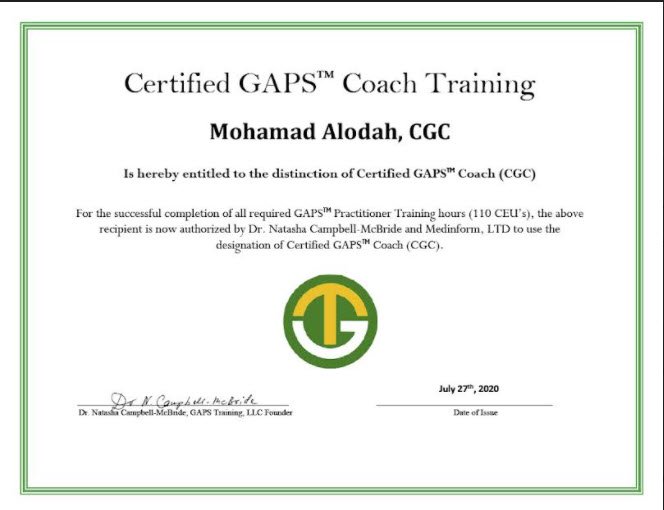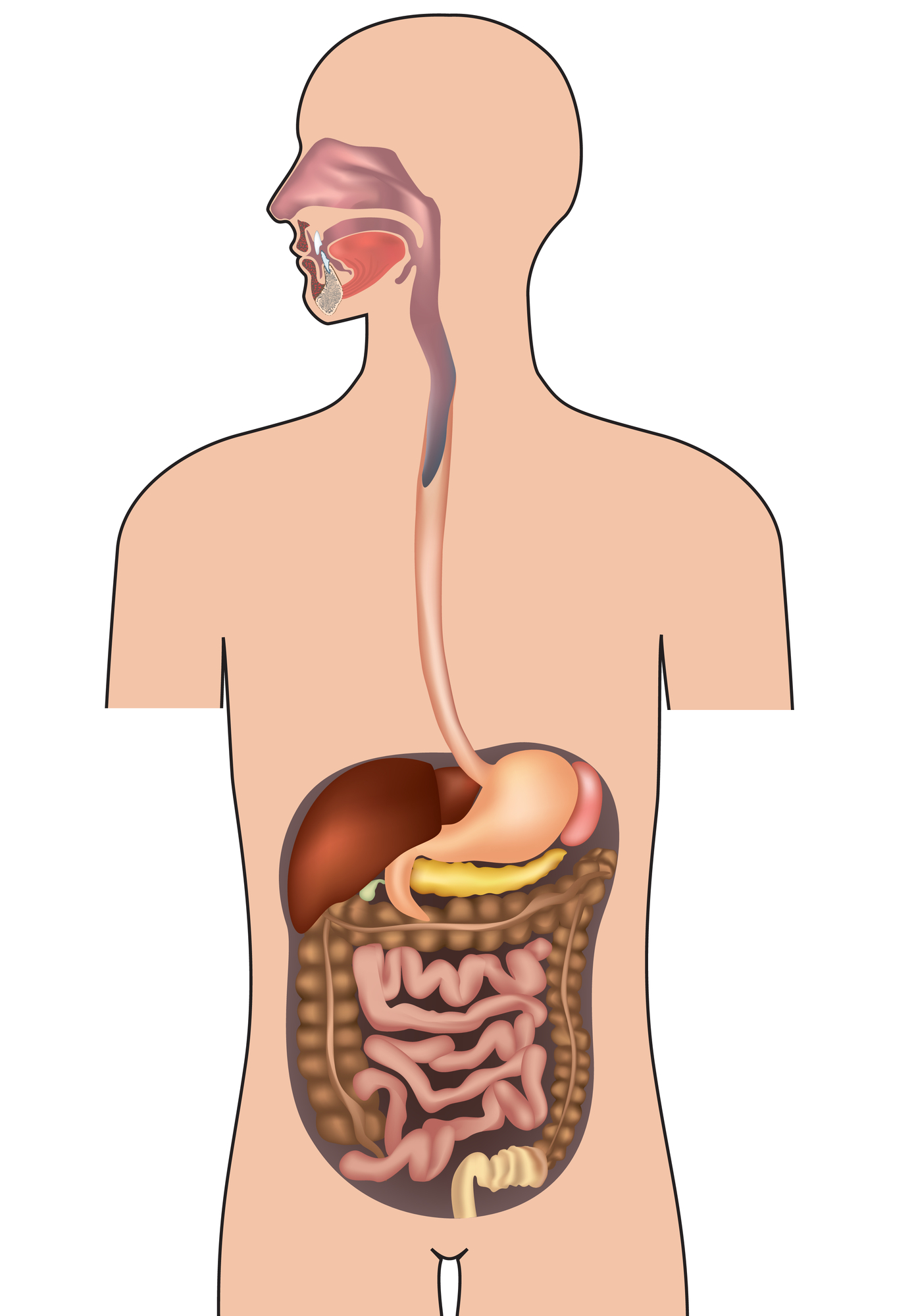For the latest updates and offers on new products & books, sign up today!
How to Improve Gut Health in a Few Steps
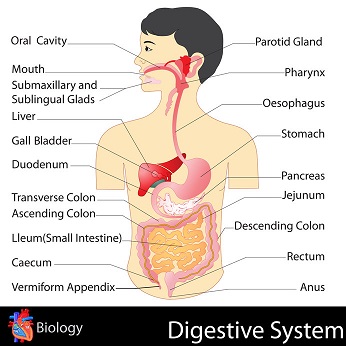
How to improve gut health? Asking the right question is critical to find the right answer and you seeking an answer for how to heal the gut problem you have you are on the right path. I will share with you how to improve gut health and maintain it that way for as long as you live.
Your gut is a long tube and technically starts with your mouth where you ingest the food and all the way down to the colon or the large intestine where the final stage of some food gets fermented, absorbed, and finally waste get excreted.
However, the bulk of food absorption happens in the small intestine and this is important to understand, still, the large intestine is the most populated of microbes living in a community of harmony until this harmony is disrupted. And we (humans) are good at disruption which can have a positive or a negative impact.
How to Improve Gut Health? Change the Gut Flora!
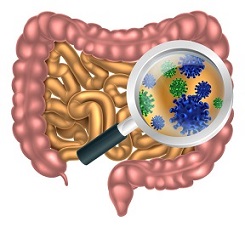
Signs of gut flora imbalance reflect on your health, therefore, the answer is how to improve gut health is to change the gut flora to bring it back to balance and remember the word harmony.
The interesting thing about gut flora is that they all control each other and benefit from each other that consequently benefits us for optimal health. We are way outnumbered by the microbes so they have the final word and they eat before you do.
As long this community of microbes is balanced and there are no overgrown species over the others then they are happy and we are happy too (1).
They do a lot for us, we get nutrients not from the food we eat only but they provide nutrients for us too (2). They protect us from toxins and other pathogens and make sure the gut wall is not leaky with their protection.
Since the human microbiome project, there have been mind-boggling discoveries but this is only the beginning and there is more to come.
Improving your gut health can mean different things, irritable bowel syndrome, colitis, skin issues (eczema), autoimmunity, or allergies, and food intolerance. Also depends on how severe is your health issue.
I mention that because each one of you is different from the other so some will take a few days or weeks to see gut health improvement and others will take longer.
Here are suggestions for your to-do and not-to-do:
The Do List
 |
 |
-Make soups out of gelatinous meat (with bone and joints) and not lean meat but include fat in it. Use chicken, fish, lamb, port, beef, and wild game whenever possible.
In other words, you want to prepare these meals at home because restaurants won’t provide this quality of foods and if they do it’s going to be very expensive. Learn how to make meat broth and bone broth.
Use a grass-fed collagen supplement to add to your meaty soup when you could not get gelatinous meat (meat with joints such as oxtails).
So how to improve gut health with this type of food you may be wondering? YOu are providing the building material for the gut wall tissue including collagen, a full profile of amino acids, and animal fats, fat-soluble vitamins. Plants don’t offer the same nutritional value nor bioavailability.
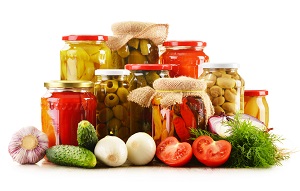
-Use fermented foods such as good quality yogurt, sour cream, and kefir. Even better, make them yourself. Another class is veggie fermented food such as kimchi and sauerkraut.
These fermented foods provide beneficial bacteria and yeast (also known as probiotics) and they add joy and taste to your meals. If you have never had fermented foods such as sauerkraut, kimchi, and kefir then use a small amount such as a ¼ or ½ teaspoon to see if there is any reaction. These fermented foods are consumed in a small amount just like a condiment so try not to overdo it.
Not-To-Do List
-Avoid vegetable or more accurately seed oils. By the time these highly processed oils get to the grocery shelves they are likely to be damaged and oxidized. In addition, we only need a small amount of omega-6 linoleic acid which you get enough from eating a handful of nuts and a bowl of salad should be sufficient.
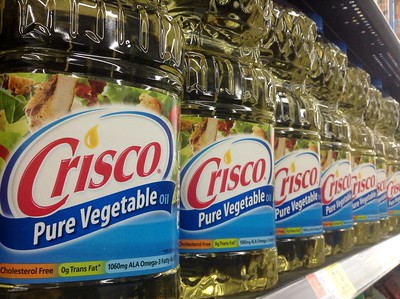
Dr, Mary Enig who is an expert in the science of lipid chemistry and the author of Know Your Fats discusses how a diet high in omega-6 linoleic acid can cause damage in the digestive tract, promotes inflammation, and other metabolic disorders.
Most foods in restaurants are cooked with cheap seed oils and grocery already-made salad dressings use seed oils as one of the main ingredients. Basically, we are swimming in seed oils and no wonder the U.S. has the highest obesity and rampant autoimmunity and chronic diseases.
Sources
Vegetable Oil - Photo credit


